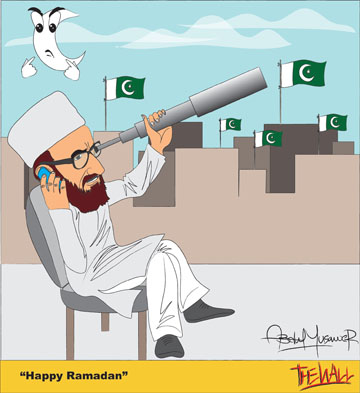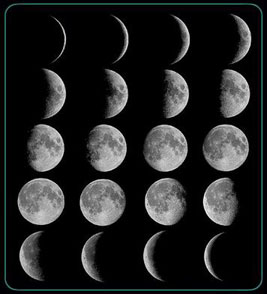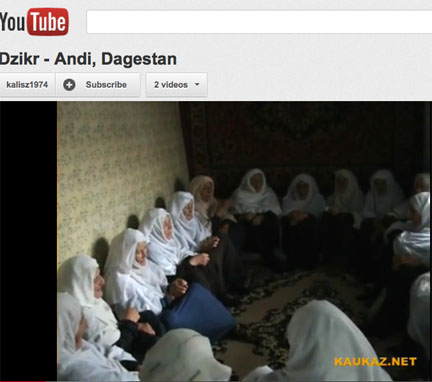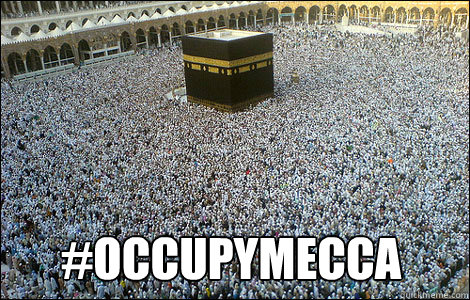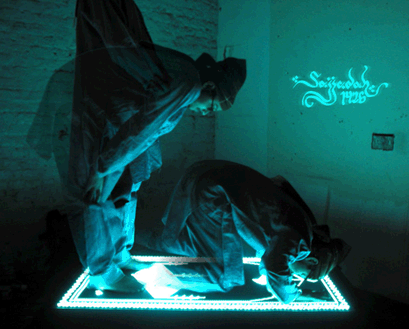click here.]
The legal opinion of Qadi Shakir
Egyptian qadi Ahmad Muhammad Shakir (who was to become President of the Egyptian Supreme Court of the Shariah at the end of his career, and who remains to this day an author of reference in the field of hadith) (9), wrote a lengthy legal opinion in 1939 on the subject of the Islamic calendar, entitled : “The beginning of Arab months… is it legal to determine it using astronomical calculations?â€. (2) According to him, the Messenger took into account the fact that the Muslim community of his time was “illiterate, not knowing how to write nor how to count”. So, he recommended to its members to observe the new moon to carry out their religious duties at the time of fasting and hajj. But the community evolved considerably over time, and some of its members even became experts in astronomy.
According to the principle of Muslim law which states that “a rule is no longer applicable, when the factor which justified its existence has disappeared”, the Messenger’s recommendation didn’t apply anymore to the Muslims, after they had learned to read and count and had ceased being illiterate. Therefore, according to Shakir, contemporary ulama’ commit an error of interpretation when they give to the Messenger’s hadith the same interpretation that applied at the time of Revelation, as if the hadith prescribed immutable rules. But, it has stopped being applicable to the Muslim community long ago, based on the principles of the shari’ah themselves. Continue reading The reform of the Islamic calendar: the terms of the debate, #2
